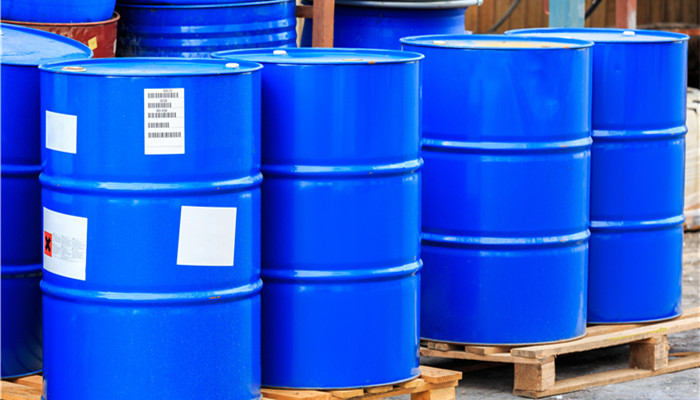
Silane cross-linking agents are widely used and there are few production companies in the industry.
Silane cross-linking agent refers to a silane containing two or more silicon functional groups, which can play a bridging role between linear molecules, thereby bonding multiple linear molecules or lightly branched macromolecules and polymers to each other. It forms a three-dimensional network structure to promote or mediate the formation of covalent bonds or ionic bonds between polymer molecular chains. Silane cross-linking agents and silane coupling agents belong to the two major categories of functional silanes, which are mainly used in the synthesis of room temperature silicone rubber (RTV). In single-component room temperature vulcanized silicone rubber, three cross-linking agents, deacidification type, deketoxime type, and dealcoholization type, are widely used. In practical applications, several cross-linking agents are often mixed to improve product performance.
Silane cross-linking agent is a kind of functional silanes and has a wide range of applications, such as rubber, adhesives, plastics, coatings and surface treatment, composite materials and other fields. In the domestic market, the growth in demand in traditional consumer fields such as rubber processing, adhesives, coatings and plastic processing is the main driving force for the growth in consumer demand for silane cross-linking agents. At the same time, driven by the demand from the new energy industry, the composite materials field is growing at a relatively high level. Rapid growth has gradually expanded the demand for silane cross-linking agents in emerging fields. According to the“China Silane Cross-linking Agent Industry Market Monitoring and Future Development Prospects Research Report 2021-2025” released by the Industrial Research Center , my country’s demand for silane cross-linking agents in 2020 was 67,800 tons, a year-on-year increase of 6.4%; in the first half of 2021, my country’s demand for silane cross-linking agents was 37,000 tons, a year-on-year increase of 9.6%.
In recent years, due to the influence of national environmental protection policies, environmental protection pressure on silane cross-linking agent companies has increased significantly. This has forced some small and medium-sized companies to withdraw from the market due to large profit fluctuations in high-cost devices. Hubei New Blue Sky New Materials Co., Ltd., Hangzhou Large-scale silane cross-linking agent manufacturers such as Sibao Chemical Co., Ltd., Hubei Jianghan New Materials Co., Ltd., and Jiangxi Chenguang New Materials Co., Ltd. have continued to expand with their relatively strong financial and technical foundations, and their production is relatively stable, making silane Most of the cross-linking agent industry’s market share is concentrated in a few manufacturers. Hubei New Blue Sky New Materials Co., Ltd. is the absolute leader in the silane cross-linking agent industry. It occupies about 30% of the domestic silane cross-linking agent market and has a large gap with other companies. Hangzhou Sibao Chemical Co., Ltd.’s silane cross-linking agent market share is second only to Hubei Xinlantian, and it is also a leading enterprise in the industry.
Industry researchers said that in recent years, my country’s silane cross-linking agent industry technology has been well developed, and the silane cross-linking agent production process, Production efficiency and product quality have been greatly improved, which can better meet the needs of downstream application fields; at the same time, the rubber processing industry, plastic processing industry and other downstream industries continue to transform and develop, and the demand for silane cross-linking agents has both quantity and quality. There has been an improvement, and the silane cross-linking agent industry has generally shown good growth. In the future, with the advancement of process technology, the output and product quality of silane cross-linking agents are expected to be further improved, and its application fields will also continue to develop, and the market potential of silane cross-linking agents is expected to be continuously released.

 微信扫一扫打赏
微信扫一扫打赏

